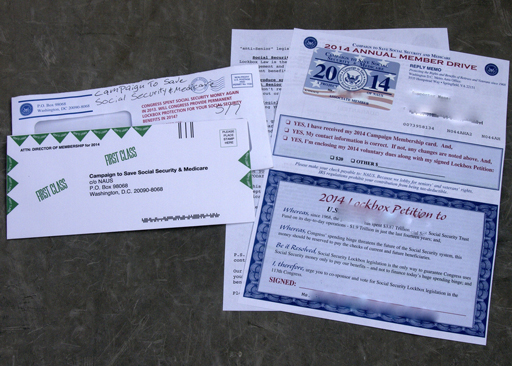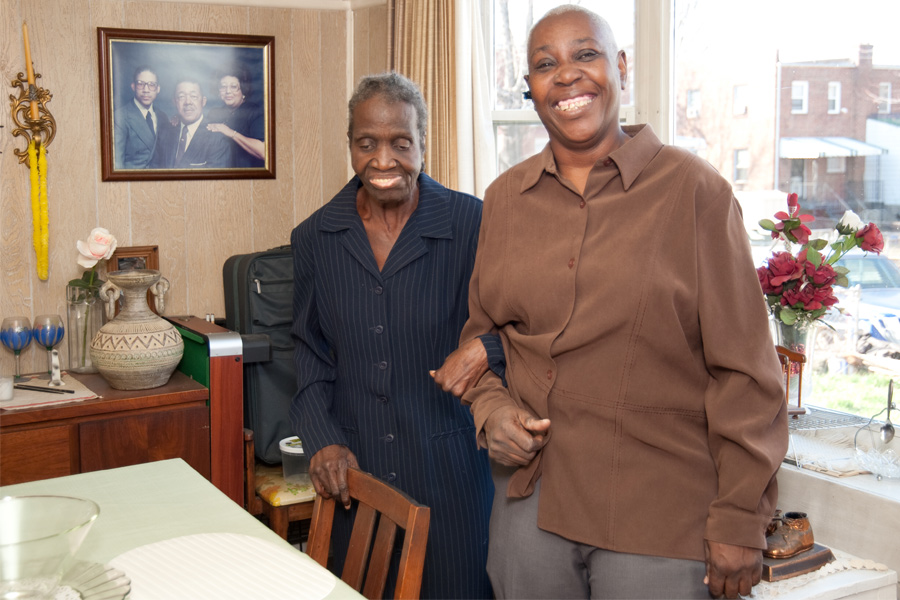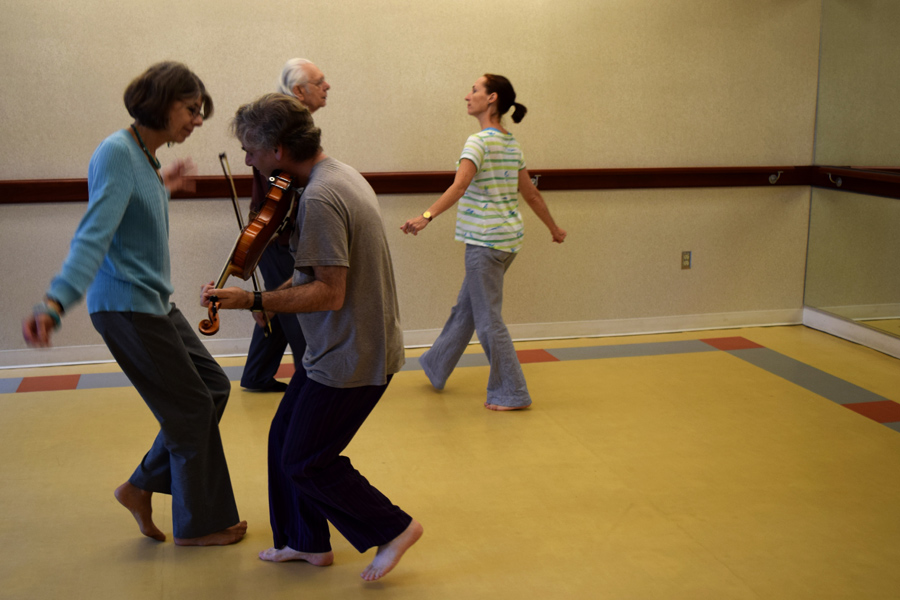More than Medicare & Social Security: 20 Other Federal Programs for Older Americans

 Most (if not all) older Americans are familiar with Medicare and Social Security. Created in 1965, Medicare provides health coverage for more than 55 million retirees and people with disabilities. Social Security, enacted at the end of the great depression, delivers lifelong income for almost one in five Americans.
Most (if not all) older Americans are familiar with Medicare and Social Security. Created in 1965, Medicare provides health coverage for more than 55 million retirees and people with disabilities. Social Security, enacted at the end of the great depression, delivers lifelong income for almost one in five Americans.
While Medicare and Social Security serve as the financial bedrock for millions of elders, they are not the only federal programs on which older adults rely.
A partial list of federal programs, beneficial to older Americans, appears below. In the coming months, Congress and the President will decide if and how to fund these programs in 2018.
1. Accountable Care Organizations (ACO): Created by the Affordable Care Act (a.k.a. Obamacare), the medical collectives receive financial incentives from Medicare to maintain the health of their patients, not just treat illnesses.
2. Affordable Care Act (a.k.a. Obamacare): The comprehensive health care act (now facing Congressional repeal) provides health coverage for retired or jobless older adults too young for Medicare, and establishes protections for individuals with pre-existing conditions. The Act also created numerous subprograms.
3. Chronic Disease Self-Management Education (CDSME): Developed by Stanford University and administered by the US Administration for Community Living, CDSME teaches adults with certain chronic diseases (including diabetes, hypertension, and arthritis) to manage and control these conditions.
4. The Community First Choice Options Program: Authorized by the Affordable Health Care Act, this optional program provides additional Medicaid funding for in-home care to states that choose to opt-in to the program.
5. The Community Services Block Grant: Administered by the US Department of Health and Human Services, this flexible grant permits states to fund a variety of community-based services including home-delivered meals, senior transportation for medical appointments, and Adult Protective Services (which help protect vulnerable older adults from abuse, neglect, and exploitation).
6. The Legal Services Corporation: This government established nonprofit provides free legal aid to low-income Americans through local offices in every US state and in DC.
7. The Low Income Home Energy Assistance Program (LIHEAP): The US Department of Health and Human Services oversees this program, which provides heating and energy assistance to low-income Americans, many of whom are older adults.
8. The Low Income Housing Tax Credit: Co-managed by the Internal Revenue Service and State Housing Finance Agencies, funds from this program repair existing low-income housing, as well as build new units.
9. Medicaid: Overseen by the US Centers for Medicare & Medicaid services, this program provides health coverage for millions of low-income Americans. For older adults also eligible for Medicare, the program covers Medicare’s cost-sharing expenses. It also pays for in-home care and long-term residency in a nursing home. According to Leading Age, two-thirds of Medicaid spending benefits older adults (age 65+).
10. Medicare’s Annual Wellness Visit: Authorized by the Affordable Health Care Act, this Medicare benefit permits older adults to receive an annual check-up to include physical-, mental-, and cognitive-health screens.
11. Medicare Savings Programs: Also known as QMB, SLMB, and QI, these Medicaid –funded programs help low- and moderate-income older adults with Medicare’s premiums and co-insurance.
12. National Center on Elder Abuse: This US Administration on Community Living program supports research, technical assistance, and training on elder abuse prevention.
13. National Institute on Aging: Part of the National Institutes of Health, the Institute sponsors research on Alzheimer’s, Arthritis, chronic pain, and other age-related health conditions.
14. Older Americans Act: First passed in 1965, and most recently reauthorized in 2016, the Older Americans Act authorizes a host of government-paid senior services including care management, nutrition, transportation, home care, and adult day services.
15. The Patient Centered Outcomes Research Institute: Created by the Affordable Health Care Act, the Institute helps fund dementia-related, patient-centered research.
16. The Prevention and Public Health Fund: Created by the Affordable Health Care Act, this program finances a variety of health programs including Alzheimer’s education, falls prevention, and chronic disease self-management.
17. Section 202 Supportive Housing for the Elderly Program: Administered by the US Housing & Urban Development Department, this program funds affordable housing and supportive services (e.g. meals, transportation, and benefits counseling) to older adults (age 62+).
18. The Senior Community Employment Program (SCSEP): This US Department of Labor program helps older Americans (age 55+) learn new job skills and find employment.
19. Senior Corps: Managed by the same government agency (the Corporation for National and Community Services) that administers AmeriCorps, Senior Corps provides volunteer and engagement opportunities for older Americans (age 55+) through three subprograms: the Foster Grandparent Program, the Senior Companion Program, and RSVP.
20. State Health Insurance Assistance Programs (SHIPs): Co-funded by the US Administration for Community Living and the US Department of Health and Human Services, these locally based agencies help Medicare recipients understand and navigate their benefits. Local SHIPs include DC’s Health Insurance Counseling Project, the Virginia Insurance Counseling & Assistance Program, and Maryland’s Senior Health Insurance Assistance Program.
Would you like to advocate on behalf or against any these programs? Learn advocacy tips via Iona’s Advocacy 101 blog post.
What federal programs beneficial to older adults matter to you? Let us know in the comments!
By Leland Kiang, LICSW
Leland Kiang, LICSW is manager of Iona’s Information & Referral Helpline, whose staff answers questions about senior services throughout the DC metro area. Leland also has written articles for BIFOCAL, Unite Virginia, and the National Resource Center on LGBT Aging.
Related Articles

The Stories of Dementia in the District

A Couple’s Vows Create Opportunities to Age Well

Can You Imagine Taking Three Buses to Get to Iona?

